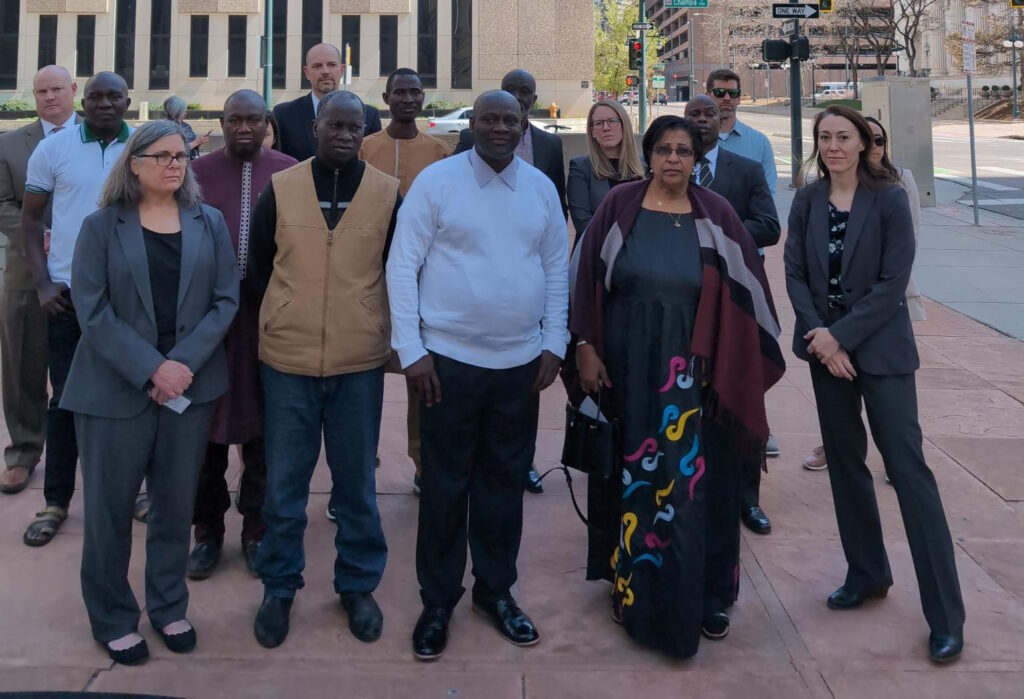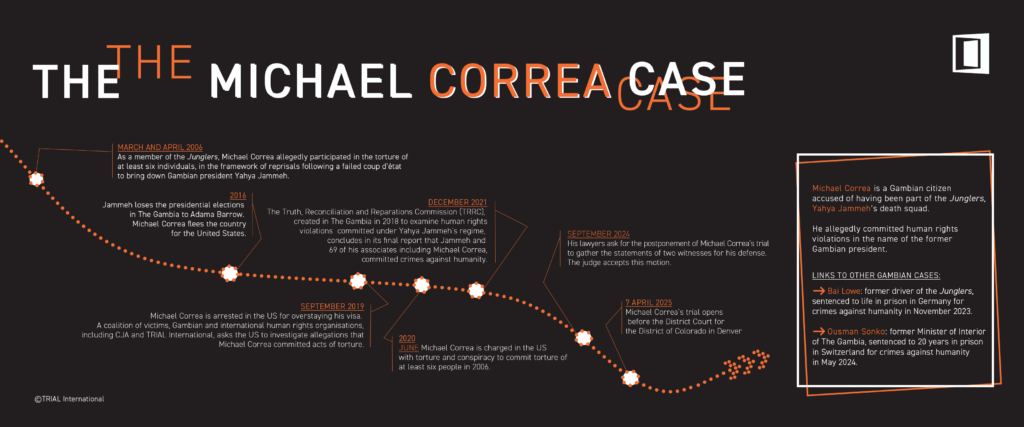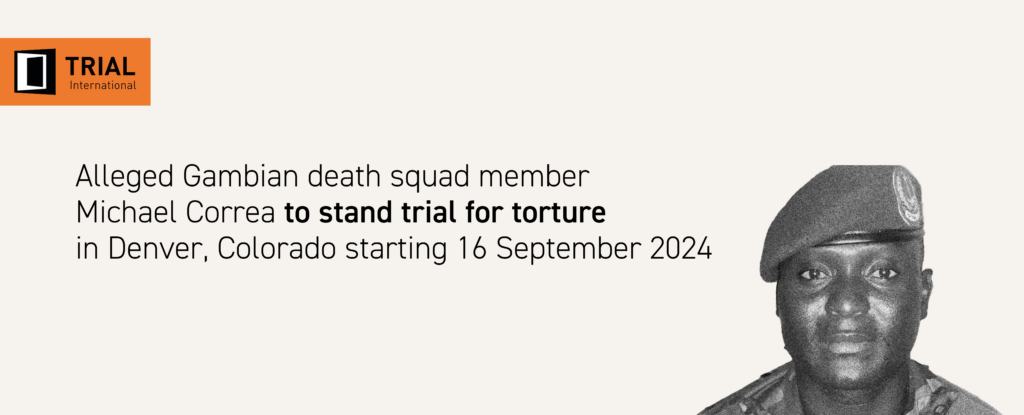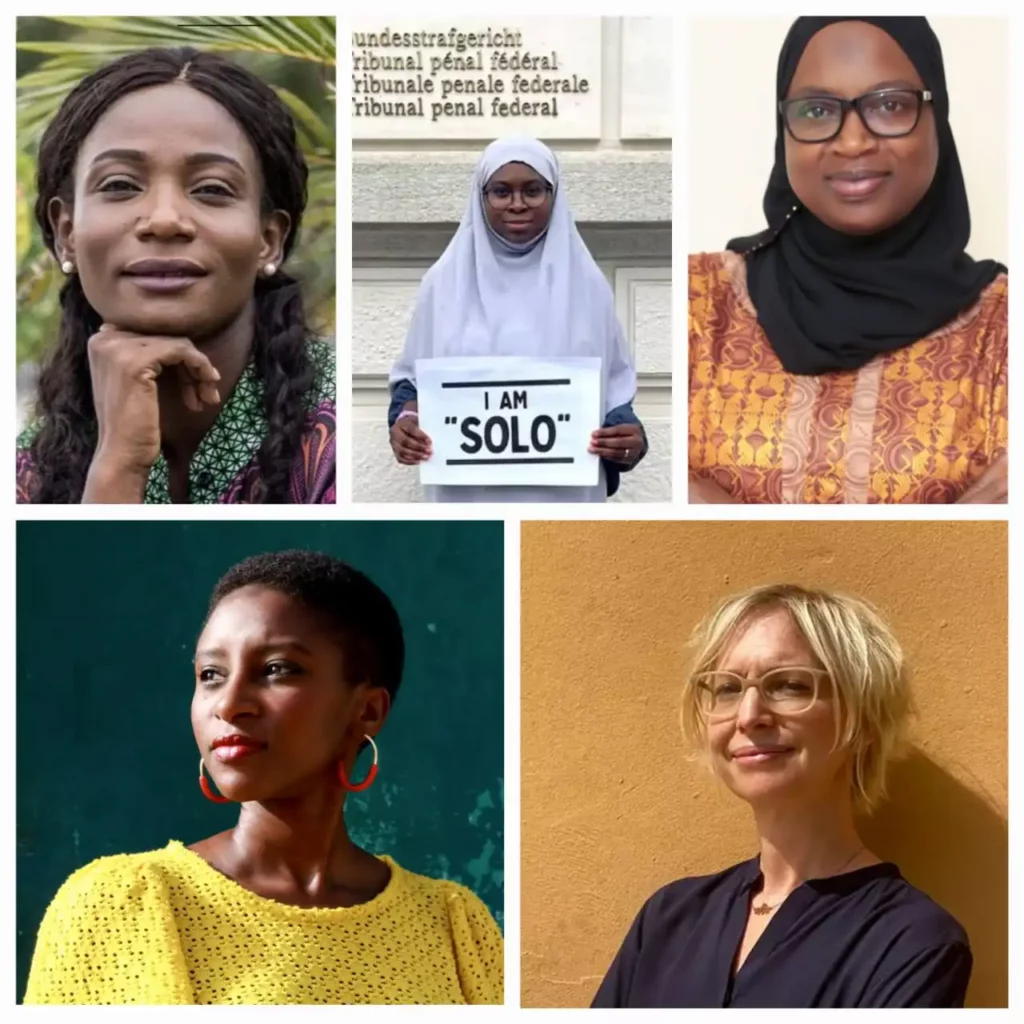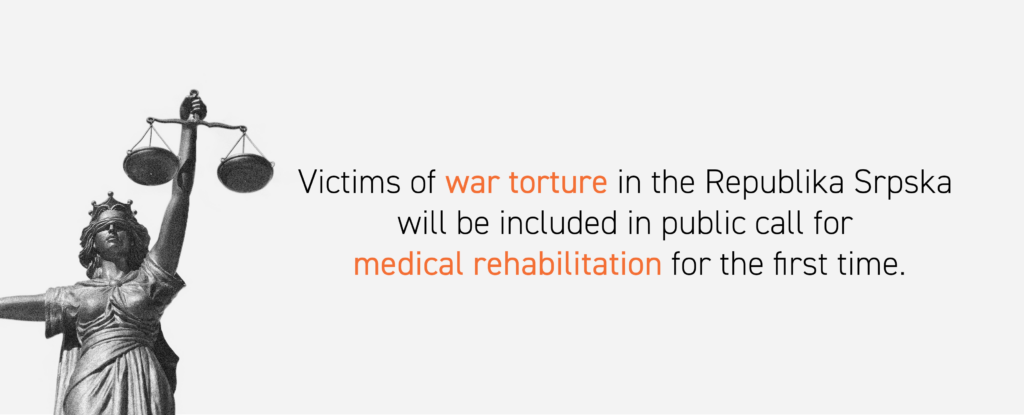Human Rights Committee: cases of torture and sexual violence in Nepal must not be swept under the carpet
Nepal has a poor record of implementing international human rights decisions, resulting in mounting frustration among victims. But the United Nations Human Rights Committee could also do more to follow up on its own recommendations.

Between 29 October 2014 and 15 July 2019, the Human Rights Committee (HRC or “the Committee”) decided on six cases whose authors are represented by TRIAL International and the Human Rights and Justice Centre (HRJC) in Nepal. All these cases concern crimes of torture, including sexual violence, and forced labour.
Read the summary of implementation statuses
Despite the passing of time (in some cases even more than seven years) from the adoption of the Committee’s decisions, none of the measures of reparation indicated has been implemented and the perpetrators still enjoy impunity.
A “reward” for inertia
Nepal’s failure to implement the decisions issued by the Committee is generalized and concerns all the 26 cases adjudicated between 2008 and 2021. In this sense, in June 2020 TRIAL International and the HRJC had already submitted a follow-up report to the Committee, concerning the lack of enforcement of its decisions on cases of enforced disappearance and extra-judicial executions and expressing serious concern vis-à-vis this systemic failure to abide by international obligations.
The victims and their families feel betrayed and frustrated at the State’s inertia; but they are also troubled by the fact that, in the absence of any engagement by Nepal, the HRC does not prompt the follow-up dialogue and remains silent on the lack of implementation of the measures it recommended. The authors of the complaints feel that, at the end of the day, the State party is being “rewarded” for its lack of diligence.
Requests to the Committee
The six represented victims, with a view to launching a meaningful debate with the State party and eventually prompt the implementation of the relevant decisions, respectfully call on the HRC to:
- Establish a “joint follow-up procedure” on all its cases concerning Nepal, with the aim to make this a “country case study” and to streamline the efforts to boost the level of implementation of the measures indicated;
- In the context of such “joint follow-up procedure”, hold an oral hearing where the State party, as well as the authors and/or their representatives, can make their comments on the matter.
It is essential that, regardless of how the follow-up dialogue with the State party is conducted, four elements are elucidated as soon as possible:
-
- the precise identification of the specific Nepalese authorities that are in charge of implementing at the domestic level each measure of reparation in each case;
- the determination of a time-frame for the implementation of each measure;
- the establishment of a forum to discuss the subject of implementation, where the authors of the communications and their representatives can have a regular and transparent dialogue with the competent authorities;
- the facilitation for immediate and free of charge psycho-social support and medical treatment, which is regarded by all victims as a first priority.

